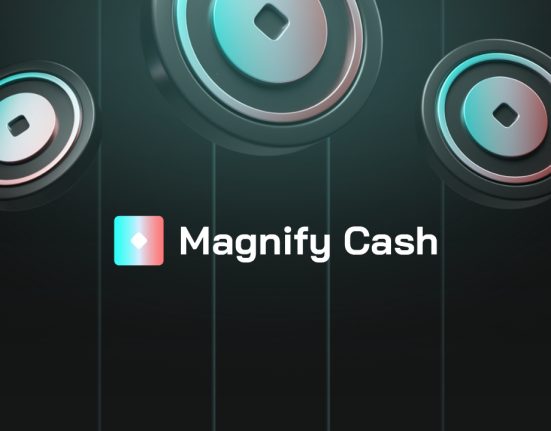In the crypto ecosystem, the majority of crypto projects provide clients with chances to produce or maximize wealth. There is no such thing as a free lunch, but some crypto ventures provide a pretty straightforward path to wealth generation and accumulation. Consider Crypto Airdrops!
Although the common idea of cryptocurrency airdrops is that they are distributed for free, in reality, individuals must earn them. For example, to qualify for the majority of crypto airdrops, you must have met certain prerequisites, which may include but are not limited to the following:
First, you must have an account (i.e., a compatible crypto wallet) for the particular project; second, you must apply for the project’s whitelist (which includes supplying a valid email); and in some situations, you may be required to communicate about the project on your social media accounts.
All of these prerequisites, when met, indicate that you have contributed to a project’s marketing effort; therefore, you deserve to be compensated for your contribution, even if it means you can’t cash out as quickly as with the majority of airdrops.
What Exactly Is a Cryptocurrency Faucet?
On different platforms, a crypto faucet is described differently; nonetheless, it is usually understood to be a website that distributes crypto assets as rewards for participating in and performing various tasks.
There may be other websites with similar business concepts. However they are referred to as “faucets” because they offer so few benefits. The benefits supplied by these websites can be compared to drips of water from a real faucet.
In accordance with the proverb “a drop of water forms an ocean,”. It is reasonable to assume that rewards from multiple faucets, when accumulated and given to an individual’s wallet.
However, this also implies that work is required to obtain these rewards, suggesting that in addition to signing up for numerous crypto faucets.
How Do Cryptocurrency Faucets Operate?
Most crypto faucets use an unusual payout mechanism to incentivize users. Consequently, the operation of crypto faucets is as straightforward as it gets. Each crypto faucet is essentially hosted on a decentralized blockchain, as they typically issue their own local currency. However, this does not imply that all crypto faucets issue solely native assets; some offer different crypto assets according on the number of partnerships they can secure.
In addition, each cryptocurrency faucet offers a few activities to assure user involvement. The websites offer a variety of tasks, including viewing advertisements, playing games, completing puzzles etc.
The crypto faucet employs its AI-driven analytic system to evaluate predetermined criteria; and then rewards successful participants with bits of crypto assets made available for a given activity.
So let’s put the preceding analogy into context using Bitcoin.com as an example of a popular Bitcoin Cash faucet. Download the platform’s wallet application from the app store, then verify your account using a Google (NASDAQ:GOOGL) account; and finally, after completing given tasks, paste the BCH wallet address where the reward is being credited.
It is also vital to understand that most crypto faucets require micro wallets because they pay out fractions of crypto-assets as prizes.
Why Are Crypto Faucets So Valuable to the Crypto Community?
To begin with, crypto faucets serve a variety of goals, including raising exposure for a crypto project. It aligns the interests of beneficiaries, distributing rewards, and in some circumstances serving as an alternative to airdrops and Initial Coin Offerings (ICO).
Supposedly, the first Bitcoin faucet was introduced in 2010, almost a year after the Bitcoin network was introduced. Then, when a single BTC was valued at approximately $0.0008, the faucet paid out up to 5 BTC in incentives, with the primary goal of increasing early adopter acceptance and exposure.
By the time the aforementioned Bitcoin faucet was shut down in 2012, it had distributed over 20,000 BTC in total. In contrast, the majority of BTC faucets pay out fractions of a Bitcoin (i.e. Satoshis) due to the widespread adoption of the most valuable cryptocurrency. Other crypto faucets, such as Ethereum Faucets, ZCash Faucets, and Litecoin Faucets, etc., also pay out microportions of their native currency as prizes.
The significance of crypto faucets to the crypto community cannot be overstated. Since they are critical to the market’s continued expansion.














